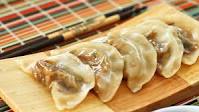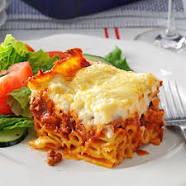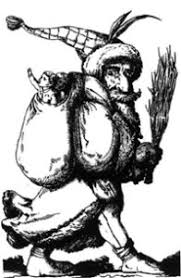Title: Team Meals
General Information about Item:
- Genre: Customary Folklore: Rituals, Tradition
- Country: United States of America
Informant Data:
Alexis Wyatt, aged 21, is a Director of Ujima who joined the group her freshman fall (2014). She is a senior at Dartmouth College majoring in Women’s, Gender, and Sexuality Studies and minoring in Psychology. Alexis was born, raised, and currently lives in Akron, Ohio. Before Ujima, Alexis had two years of dance experience in high school with modern, contemporary, and lyrical dance.
Contextual Data:
- Social Context: Based on individual availability, as many team members as possible participate in Team Meals. Team meals occur at the Class of 1953 Commons (FoCo) before Sunday practices at noon and before performances throughout the year. The ritual originated at the group’s founding, and Alexis first learned of it when she participated during her freshman fall.
- Cultural Context: Ujima’s culture focuses on building close relationships both on stage and off. Therefore, team meals allow Ujima’s members to get to know one another outside of practice and form friendships. Many sports teams on Dartmouth’s campus get meals together after practice, and this ritual is in line with that of other groups.
Item:
Ujima members get meals together prior to Sunday practices and performances as a way to converse and grow closer as a group.
Associated file (a video, audio, or image file): Video
Transcript of Associated File:
“So, typically on Sundays, since our practice starts at one, if people can make it, we always try to go and get FoCo together, at least an hour or so before rehearsal starts… And then leading up to shows, I would say that our tradition is get dinner together, disperse and go get dressed, and then come back together and continue running or whatever it is that we need to attend to, whether it be continuing to get dressed or discussing what we need to go over. And I’m not sure where that tradition started, but it’s been a thing since I’ve been in Ujima, so we just kept doing it.”
Informant’s Comments:
Team meals act as an opportunity to take a break and relieve anxiety with the team before a performance.
Collector’s Comments:
Aside from being open to every member on Ujima, team meals are especially inclusive because they involve a non-taxing, universal activity—eating.
Collector’s Name: Marcus Reid
Compiled/Analyzed By: Shinar Jain
Tags/Keywords:
- Ritual
- Tradition
- Dance
- Team






